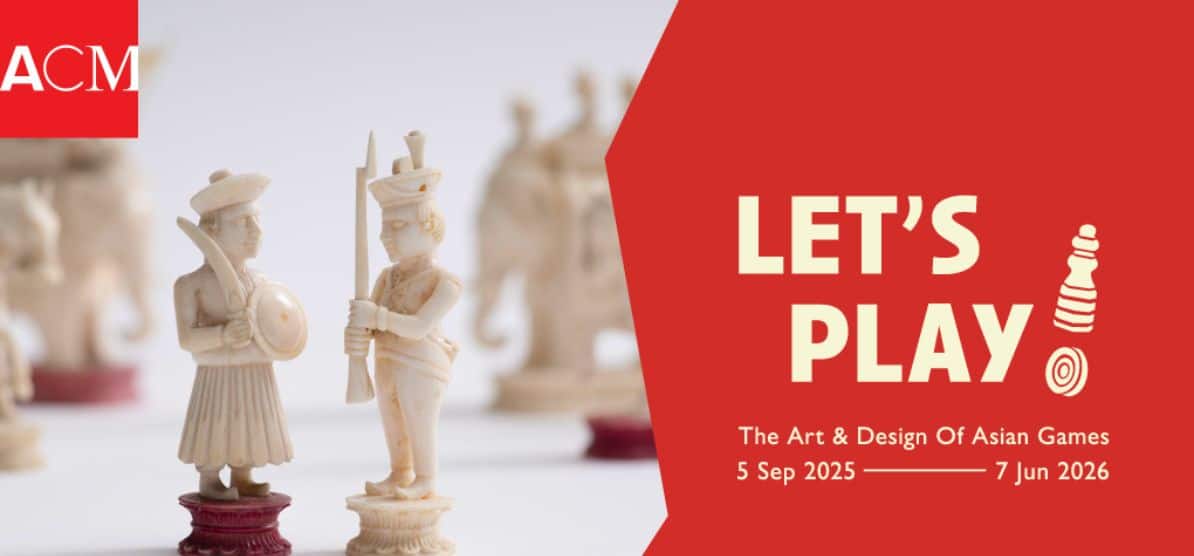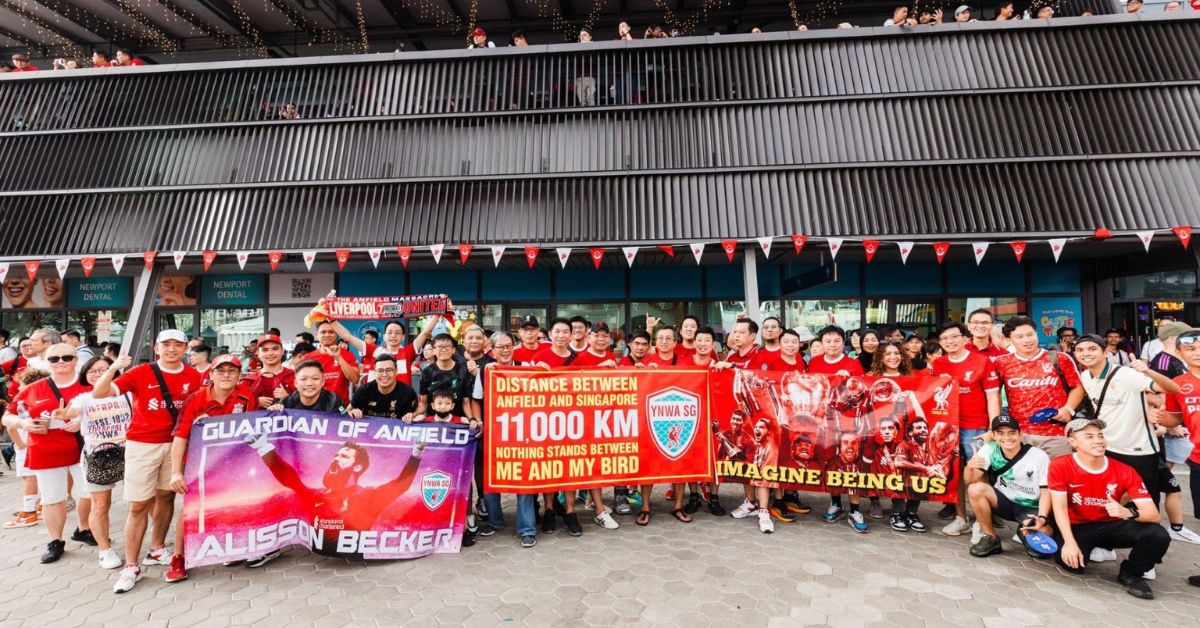
In 1970, at the tender age of eight, my passion for football ignited. PE lessons at our football-crazy, all-boys school revolved around the sport with our class divided into six teams, each mirroring popular clubs from the then (English) First Division (precursor to the English Premier League or EPL). Serendipitously, I found myself selected for a team called “Liverpool.”
I vividly recalled my childhood football games with friends at our SIT flat’s playground. Those carefree times were our way of getting out of the house, where the world beyond the t-shirts and bags placed apart (as goalposts) seemed limitless. Yet, it was within our school’s hallowed field that I learned invaluable lessons.
Being part of a “team” taught me teamwork- the seamless ballet of passes, the unspoken understanding between players. We strategised during halftime huddles, and amidst the sweat, tired aches and pains we played, eyes shining with determination.
Loyalty bound us. When I sprained my ankle during a crucial match against our “Manchester United” rivals (yes, we had our own Red Devils), my teammates carried me to the sidelines. Their loyalty was my victory, even in defeat.
And bonding? That happened off the field. We’d gather during recess or after school, t-shirts and shoes stained with grass and dreams, discussing all things football.
Advertisement
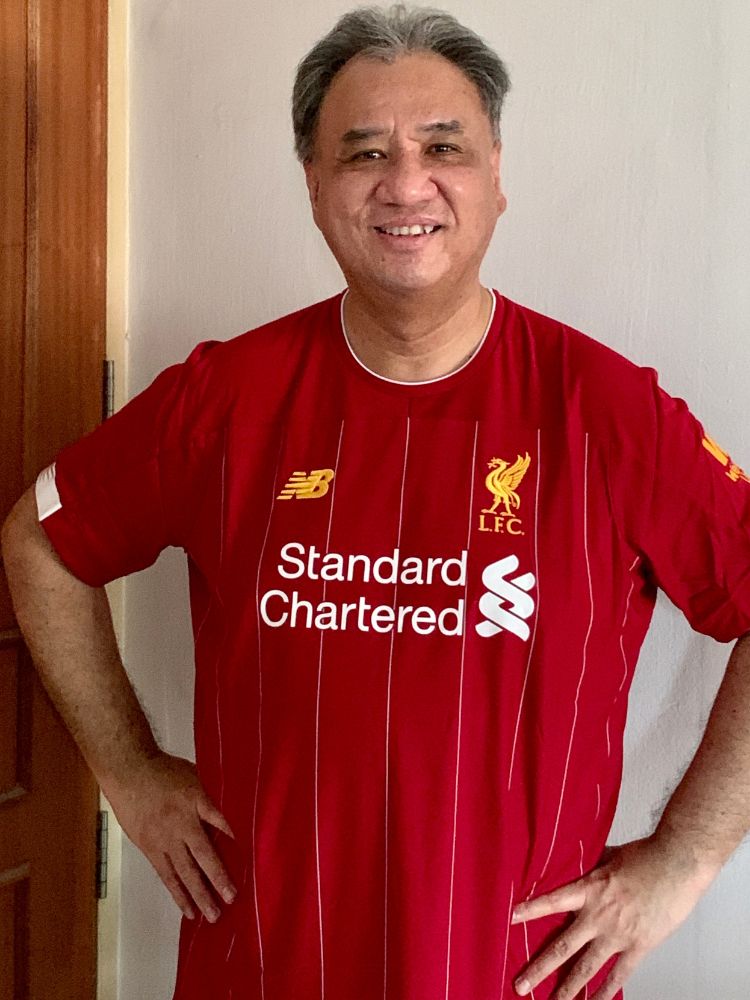
Image courtesy of Leon Pereira.
So, my journey with Team Liverpool wasn’t just about football (although yes, I’m a lifelong Reds fan!). It was about camaraderie — the kind that transcends generations.
Now, as I watch the English Premier League from my cosy corner in Singapore, I know that spirit lives on. Football isn’t just a sport; it’s a passport to friendship, an ode to loyalty, and a celebration of camaraderie.
I devoured football magazines like Shoot! while eagerly awaiting the black-and-white telecasts of First Division matches on programs like Star Soccer and Big-League Soccer.
The days of watching games played on muddy and occasionally snow-covered pitches remain vivid in my memory. And as a former British colony, it’s no surprise that English football captivated nearly every Singaporean football fan.
Over time, the landscape of football underwent seismic shifts, transforming from a communal passion into a global spectacle driven by commercial interests, player endorsements, and massive financial investments.
Transition to the English Premier League
The transition from the English First Division to the English Premier League (EPL) in 1992 marked a pivotal moment. The EPL revolutionised football into a worldwide phenomenon with lucrative TV deals, savvy marketing, and unprecedented commercial growth.
Rapidly becoming the wealthiest and most-watched league globally, clubs spared no expense in recruiting international talent, upgrading facilities, and refining training methods.
For senior fans in Singapore, accustomed to the more community-centric game, this evolution represented a stark departure from the sport they cherished.
Financial Impact of English Football Clubs
The financial surge of the EPL was propelled by billion-pound TV contracts, sponsorships, and global merchandise sales.
The broadcasting rights for the 2019-2022 cycle alone exceeded £9 billion, projected to climb to £10.4 billion from 2022 to 2025. This influx of capital empowered clubs to secure top-tier talent, enhance facilities, and extend their global influence.
Manchester United, for instance, reported revenues surpassing £635 million in the 2023/24 season, underscoring the financial prowess of leading EPL clubs.
Yet, for senior football fans in Singapore, the commercialisation of the sport evoked mixed emotions.
In the past, football broadcasts- though delayed- were freely accessible, offering enjoyment without financial strain.
Now, it feels more like a 'money' game.
Henry Tan, aged 50, reflects on these changes:
Football used to be about passion and local pride. Now, it feels more like a business.
Peter Lim, 55, a lifelong Liverpool supporter, echoes this sentiment, reminiscing,
With the introduction of TV money, it's become more inaccessible for many.
Peter adds,
High subscription rates quoted by major broadcasters in Singapore reinforce these concerns, highlighting the financial barriers now associated with enjoying football.
Changing Dynamics in Fandom
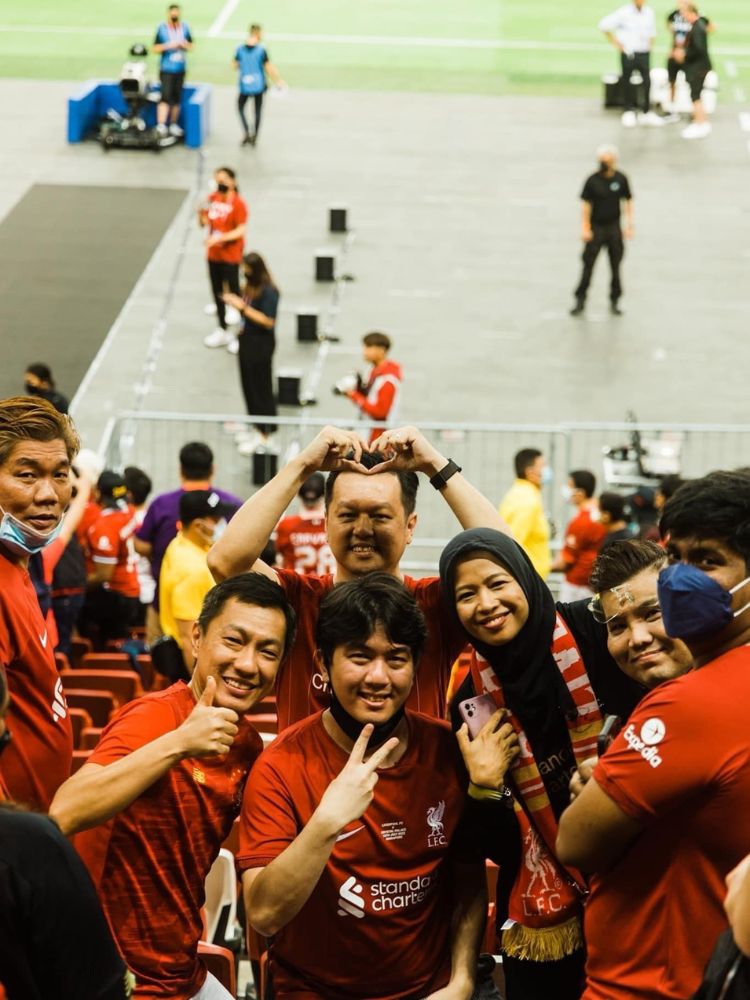
Image courtesy of YNWA.sg
With these transformations, football fandom underwent profound changes.
Once a cherished family tradition rooted in local allegiances, today’s younger fans often align with clubs based on star players and social media influence — a departure from the community-centric values cherished by seniors.
Player popularity among fans is now shaped not only by on-field performance but also by their presence on social media, altering how younger fans engage with players and clubs.
Hawa Ahamad, a long-time Liverpool fan, observes,
This individualistic trend contrasts with the collective familial ties of the past, marking a cultural shift that seniors are adapting to.
Younger fans often identify more with individual players than the team itself. Loyalties tend to shift based on individuals rather than team achievements or results.
Henry Tan, a Manchester United supporter at 50, also notes,
However, the rise of player-centric fandom has also influenced seniors. Iconic players like Cristiano Ronaldo, Gareth Bale, and Robin van Persie have garnered fans who follow them across clubs, prompting some seniors to develop secondary allegiances.
When Ronaldo moved to Real Madrid, I found myself watching their games too,
admits Dennis Chan, 68.
Historically, football clubs served as community hubs, with fan loyalty anchored in local pride and family traditions. In Singapore, this tradition extended to fan clubs and community gatherings.
Every weekend, my family would gather to watch Spurs play. It wasn't just about the match; it was a family ritual.
Lee Kok Cheong, 72, recalls,
To cater to this evolving fandom, pubs, restaurants, and other venues have opened their doors for fans to enjoy EPL matches live.
Popular spots include Harry’s Bar, Muddy Murphy’s Irish Pub, The Penny Black, Five Izakaya Bar, Crossroads Bar, and Boomerang Bistro & Bar. For family-friendly options, several McDonald’s outlets and community centres also screen live games.
Seniors often develop deep emotional bonds with their clubs over decades of unwavering loyalty.
Supporting United is like being part of a family. The highs and lows are all part of the journey.
Devendran Kumar, a Manchester United fan for over 40 years, shares,
Today, with greater affluence, many fans have made it their goal to visit their favourite EPL club’s grounds, watch their team live, and soak up the atmosphere.
As a female, I feel that I’m not dismissed by the male supporters like before. Female perspectives are more accepted. It’s very commercialised too. Lots of products and merchandise are available for sale there.
Hawa adds,
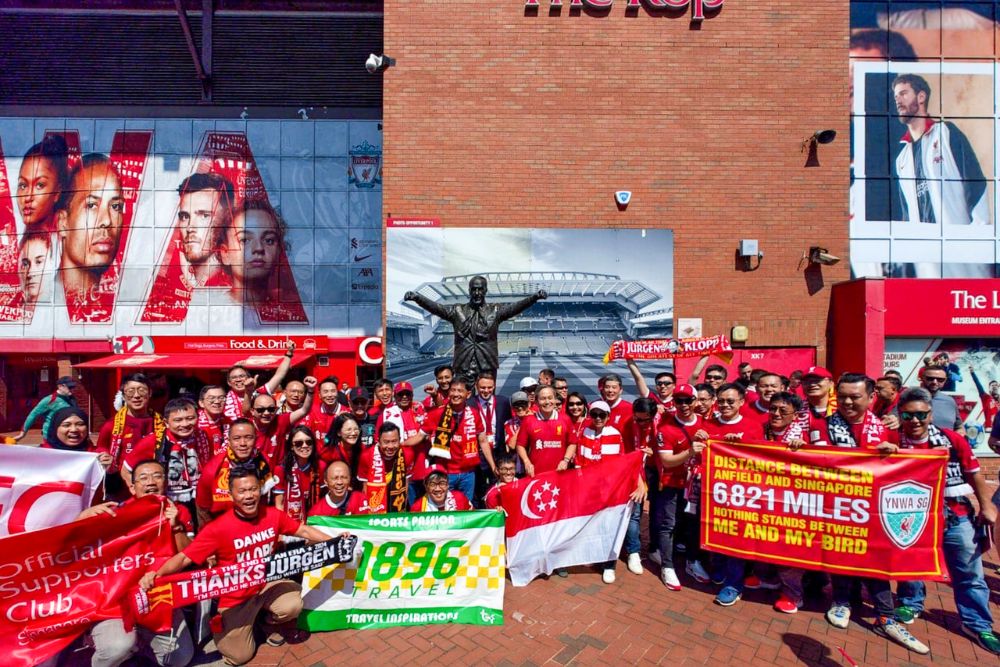
Image courtesy of YNWA.sg
For many, these pilgrimages to iconic stadiums like Anfield, Old Trafford, Emirates Stadium, and Stamford Bridge have become a way to connect deeply with their teams, experience the vibrant matchday atmosphere, and create lasting memories.
Technological Changes and Their Impact
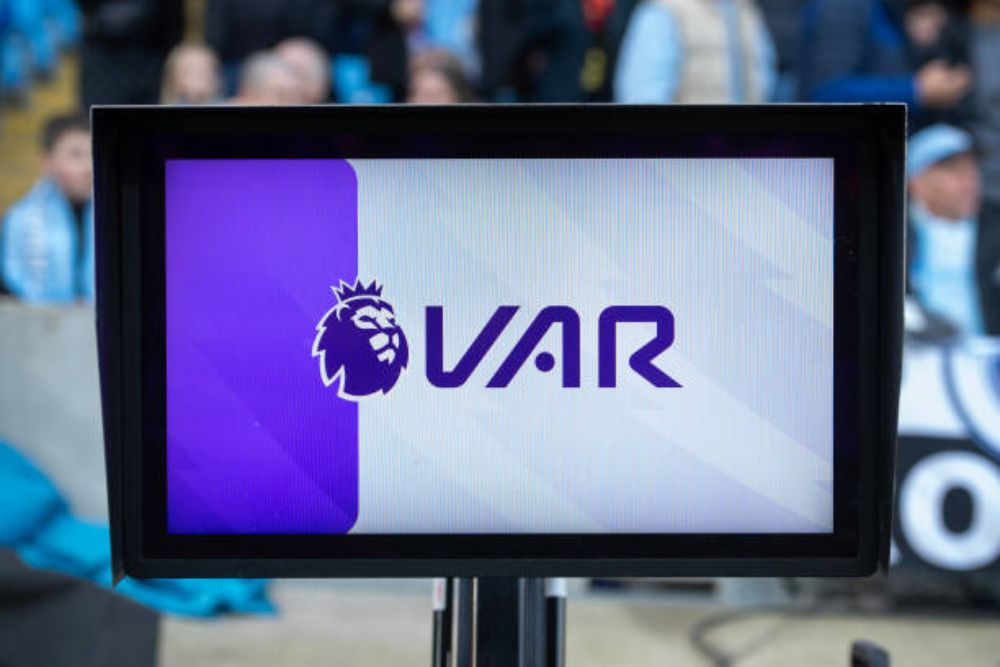
Football’s evolution intersected with technology through the introduction of Video Assistant Referee (VAR) in the EPL. VAR enhanced decision-making accuracy by enabling referees to review critical incidents such as goals, penalties, and red cards, reducing significant errors during pivotal moments.
Yet, VAR’s subjective interpretations and decision delays have sparked controversy, influencing the emotional intensity of matches. Despite its goal of increasing fairness and reducing controversy, VAR’s implementation remains a topic of debate among fans and players.
It’s good to see correct decisions being made, but sometimes the delays and debates can drain the excitement from the game.
Mohd. Jusri, a 56-year-old Chelsea supporter, remarks,
Great in theory. Disastrous in execution. I blame the officials handling it.
Hawa echoes similar frustration,
Fans have also voiced concerns about how VAR’s interruptions can disrupt the flow of the game, detracting from the spontaneous joy of celebrating goals and the natural rhythm of play.
Conversely, goal-line technology (GLT), ensuring precise goal judgments, has been widely embraced. This advancement minimizes disputes over whether the ball crossed the line, providing definitive clarity.
However, controversies still persist. Traditionalists initially resisted, fearing it would diminish the sport’s human element. Technical disruptions, like the infamous 2020 Hawk-Eye failure during Sheffield United versus Aston Villa, have underscored GLT’s limitations.
Moreover, its high implementation costs have raised concerns about accessibility across all football levels. Integration with VAR further complicates matters, fostering discussions about consistency and its impact on match dynamics. Nonetheless, GLT remains lauded for promoting fairness in the EPL.
As technology continues to reshape football, the challenge remains to balance its benefits with preserving the essence and excitement of the game. The debate over VAR’s role in football reflects broader tensions between tradition and innovation, highlighting the ongoing evolution of the sport.
Viewer Fatigue and Diminishing Returns
The omnipresent football media environment offers both opportunities and challenges.
Seniors like Eileen Wong, 69, appreciate the access to countless matches and highlights but feel inundated.
"I love watching football, but sometimes it's overwhelming. I miss the days when a match felt special."
The surge of football-related content online exacerbates the situation, bombarding fans with endless updates and analyses without necessarily enhancing their overall enjoyment or anticipation of the game.
The Power of Emotional Connections and Societal Impact
Football’s capacity to evoke profound emotions is well-documented, especially among seniors whose emotional bonds intertwine with personal milestones and memories.
My wife and I celebrated our wedding anniversary watching Arsenal win the FA Cup in 2020. Football has been a part of our journey together.
Joshua Lee, 66, fondly recalls,
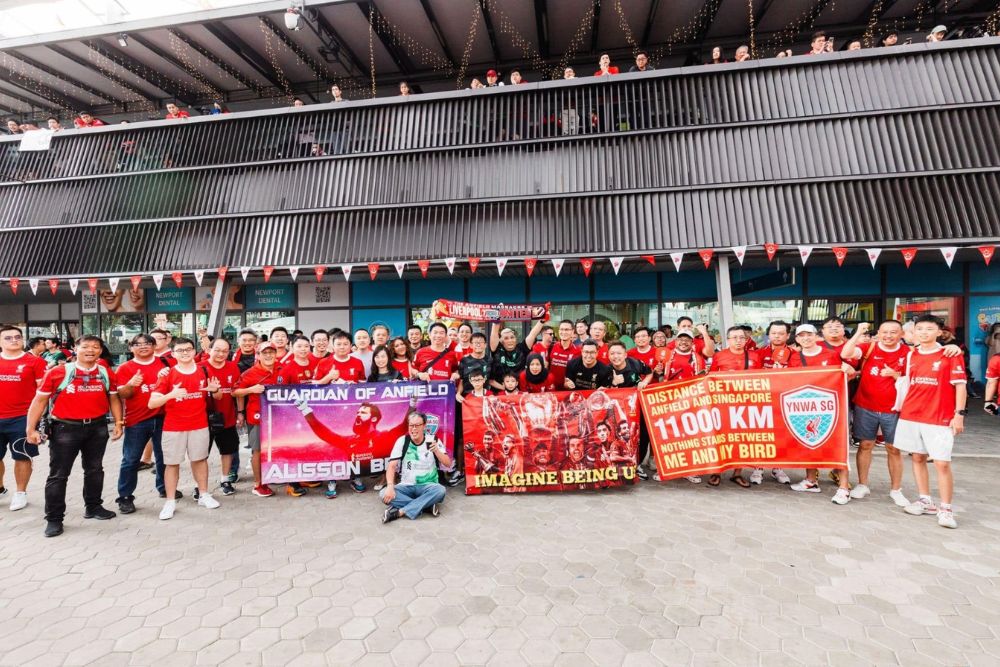
Image courtesy of YNWA.sg
During a difficult divorce, without LFC and the YNWA.sg family, it would have been hell. Football provided a welcome distraction during a painful time.
Reflecting on community, Hawa shares,
Beyond entertainment, football fandom offers significant psychological benefits, including community and continuity. In challenging periods, it provides a comforting constant.
Football was a lifeline during tough times, keeping me connected to happier memories.
Ong Geok Swee, 61, explains,
Football intersects with broader societal issues, fostering community-building and social engagement. Active participation in fan communities can help alleviate loneliness and cultivate a profound sense of belonging among fans both young and old.
The Impact of the EPL on Singapore Football
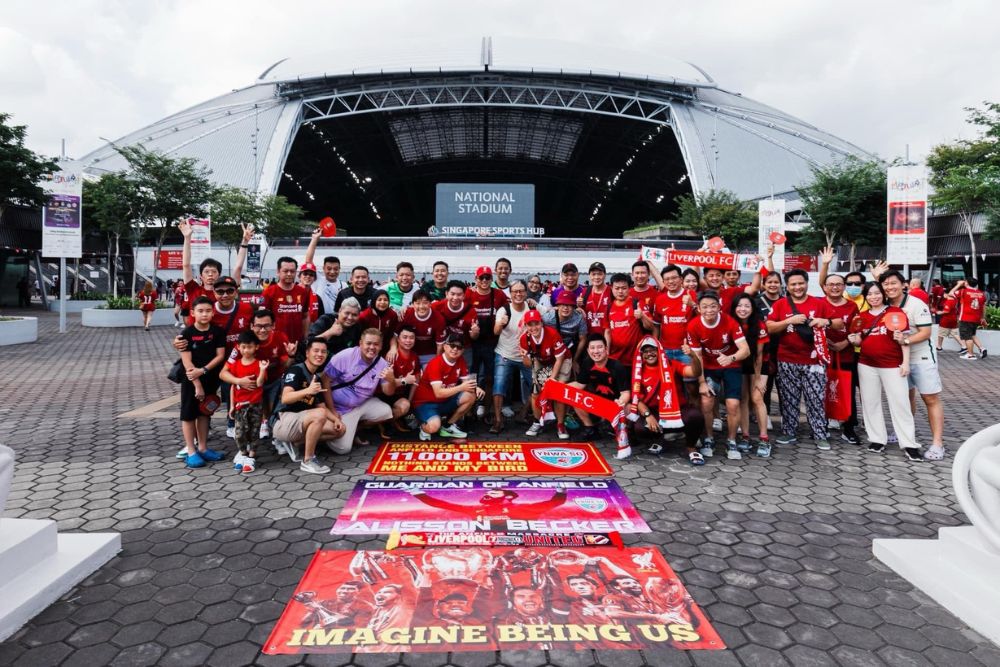
Image courtesy of YNWA.sg
The EPL has profoundly influenced Singapore football, shaping local fan aspirations and local club development strategies. From setting high standards in local games to influencing transfer policies and fan loyalty, the EPL’s impact transcends cultural shifts and generational divides within Singapore’s football community.
However, concerns persist regarding Singapore’s own SPL (Singapore Premier League) and national teams. Some argue that the dominance of the EPL in fan culture is partly to blame.
Heinrich, admin of Football Network SG, highlighted the causal effect of the EPL on local football fans’ mindset. He notes that many fans now expect EPL standards in local matches, fostering unrealistic expectations and diminishing support for domestic football.
Pursuing high-profile transfers is often seen as a quick solution for team deficiencies, promoting the perception that clubs lacking financial resources to attract star players are inherently inferior.
Heinrich suggests that recent efforts by EPL clubs like Arsenal and Chelsea to build squads efficiently could teach local fans the value of “trusting the process.” Success cannot be built overnight; it takes time.
A generational gap has also emerged, with younger fans attending SPL matches and appreciating other leagues, while older fans, nostalgic for the historic Kallang Roar, tend to overlook local football.
Heinrich also questions why local fans of EPL giants like Manchester United and Liverpool endure extended periods of poor performance and lack of success but struggle to maintain similar loyalty for local teams.
This perspective reflects the evolving landscape of football fandom, where embracing change while upholding allegiance to local clubs preserves the communal and emotional bonds that make football a beloved sport.
Anticipation for the Upcoming Season
As the new season approaches, seniors engage in spirited pre-season discussions. Predictions about title contenders and surprise packages add to the excitement.
Peter speculates, “I believe London clubs Tottenham and Arsenal could surprise us this year,” his eyes brimming with anticipation.
Chelsea, with their new manager, might emerge as dark horses this season.
Yet, Dora Tan, despite her enduring loyalty to Arsenal, concedes,
Amidst ongoing transfers and managerial changes, seniors eagerly await how their favourite clubs integrate new signings and whether these adjustments yield dividends.
Liverpool's new manager is an unknown quantity. I am hopeful he can continue the excellent work that Jurgen Klopp achieved.
Although a Manchester United supporter, Devendran expresses optimism:
Beyond team performances, there’s palpable excitement about the prospects of individual young talents like Cole Palmer, Bukayo Saka, Phil Foden, and Kobbie Mainoo. It’s also worth keeping an eye on academy graduates who might make breakthroughs in the upcoming season.
Challenges and Opportunities in the Future of Football
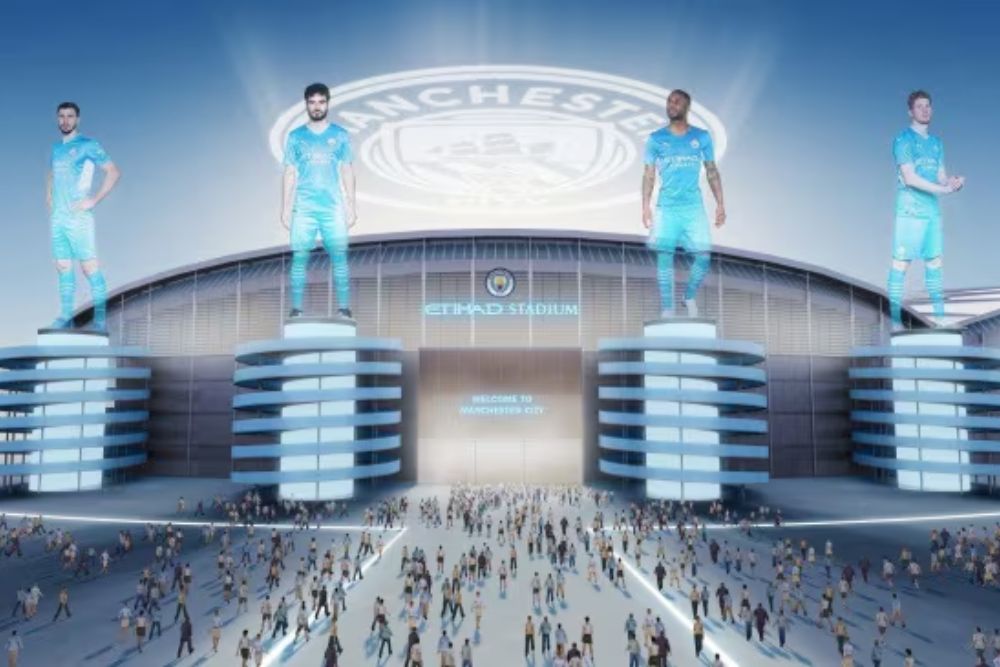
The future of football presents a spectrum of challenges and opportunities. Technological advancements, such as virtual reality (VR) and augmented reality (AR), promise to revolutionise and enhance fandom.
Fans of all ages stand to benefit from these innovations, immersing themselves in matches in ways previously unimaginable.
However, ensuring these technologies are accessible and user-friendly for older fans remains a significant challenge.
One example is the collaboration between Manchester City and Sony to create a global online fan community, where fans can gather to interact with other fans, the team and establish new levels of connectivity with the Club within a virtual recreation of the Etihad Stadium.
As football evolves alongside technology, seniors are discovering fresh avenues to connect with the sport. While some technological changes, like VAR, evoke mixed reactions, others are warmly embraced.
Streaming services, for instance, have made it effortless for fans to enjoy matches from the comfort of their homes.
I recall waiting for match highlights on TV in the past. Now, I can watch live games on my tablet from anywhere.
Peter Lim appreciates this convenience, stating,
The Final Whistle
Football remains a cultural bridge, connecting generations and communities. It’s more than a sport; it’s a lifetime of memories and emotions. This underscores the importance of football in bringing people together, fostering connections, and creating lasting memories.
For seniors in Singapore, the sport of football — while different from the past — continues to be a source of joy, passion, and community, bridging the past with the present and future. It remains, a testament to the timeless allure of the beautiful game.





